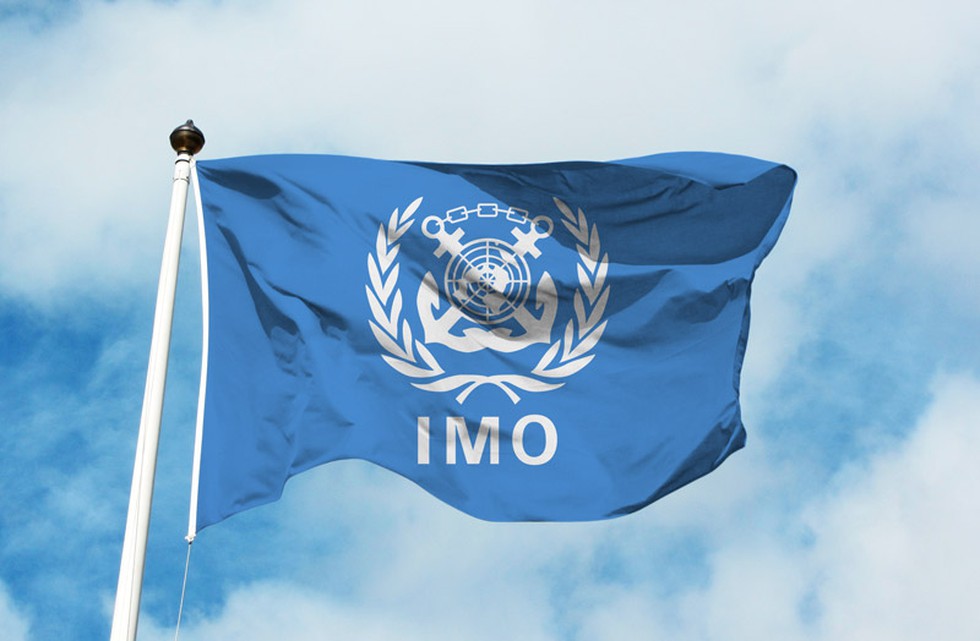About International Maritime Organization (IMO):
- It is the United Nations' specialized agency responsible for the safety and security of shipping and the prevention of marine pollution by ships.
- With 176 Member States and three Associate Members, IMO is based in London.
- IMO is the global standard-setting authority for the safety, security, and environmental performance of international shipping.
- Its main role is to create a regulatory framework for the shipping industry that is fair and effective, universally adopted, and universally implemented.
- The IMO formulates regulations on shipping safety, maritime security, and environmental protection but does not enforce them.
- Once a member state adopts a regulation, it becomes part of that country’s domestic law.
- It contributes directly to UN Sustainable Development Goal (SDG) 14, which focuses on the conservation and sustainable use of oceans and marine resources.
- The organisation also deals with legal matters such as liability, compensation, and facilitation of maritime traffic.
- Organisational Structure:
- The Assembly is the supreme governing body, comprising all member states. It meets every two years to approve the work programme, budget, and elect members to the Council.
- The Council acts as the Executive Organ, overseeing IMO’s work in between Assembly sessions.
- The IMO has five major committees, which are responsible for policy development and regulation formulation, including the Marine Environment Protection Committee (MEPC).
- Funding is sourced through mandatory contributions by member states and also from voluntary donations and commercial revenue.
